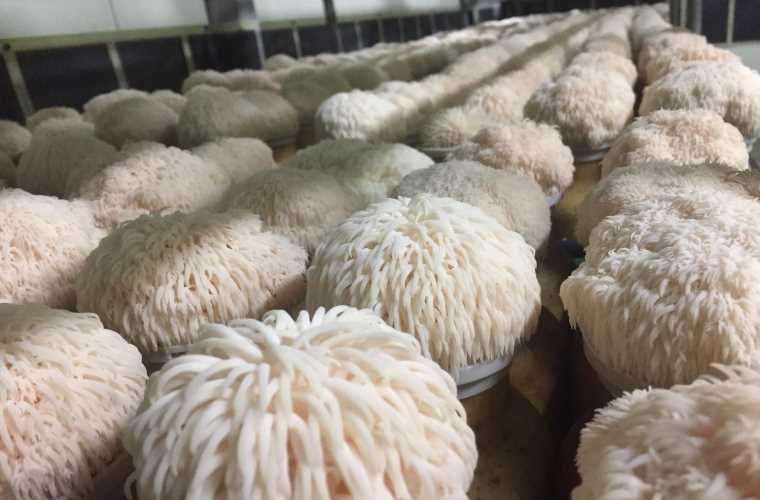Edible “lion’s mane” mushrooms have shown the ability to magically regrow completely new brain cells, according to new research.
Formally named Hericium erinaceus, the formidable fungus has been used in traditional Asian medicine for millennia. However, new lab research shows that, unlike some traditional medicines whose reputations are stronger than their efficacy, the lion’s mane was highly effective in helping forge new nerve connections within the human brain, promoting the growth of entirely new brain cells.
Although the recent results were found in an initial phase of research, the scientists behind the new study believe this safe, easily attainable organic compound found within the lion’s mane mushroom holds tremendous promise for treating brain injury, Alzheimer’s disease, and other degenerative brain conditions.
Success of Isolated Compounds Show Traditional Medicine Was Correct About Lion’s Mane Mushrooms
“Extracts from these so-called ‘lion’s mane’ mushrooms have been used in traditional medicine in Asian countries for centuries,” said Professor Frederic Meunier, the lead author of the newly published study, “but we wanted to scientifically determine their potential effect on brain cells.”
First, Meunier and his team from the University of Queensland looked at the anecdotal evidence around this highly recommended component of traditional medicine. According to the professor, that history motivated them to test the active compound of these particular mushrooms to determine if the hype was real or folklore.
“Pre-clinical testing found the lion’s mane mushroom had a significant impact on the growth of brain cells and improving memory,” he said, but the true benefits would need to be observed up close to confirm their validity.
To perform their analysis, the Queensland researchers isolated the compounds from the mushrooms they believed were behind its purported brain health-assisting properties. The researchers then placed the isolated compounds into a Petri dish with sets of cultured brain cells to see what would happen. And to their surprise, something incredible occurred.
“Surprisingly we found that the active compounds promote neuron projections,” said Meunier, “extending and connecting to other neurons.”
To get a closer look at what was actually happening, the researchers placed the treated brain cells under a super-resolution microscope. And according to Meunier, “we found the mushroom extract and its active components largely increase the size of growth cones, which are particularly important for brain cells to sense their environment and establish new connections with other neurons in the brain.”
Growing New Brain Cells Could Aid Those Suffering From Numerous Conditions
“Our idea was to identify bioactive compounds from natural sources that could reach the brain and regulate the growth of neurons, resulting in improved memory formation,” explained Dr. Martinez-Marmol, the co-author of the study, which was published in the Journal of Neurochemistry.
The success of these trials not only offers hope for folks suffering from a wide range of conditions that affect brain health and memory but also shows how the reputations of certain ancient herbal medicines can serve as a guidepost for researchers looking for promising drug candidates to treat those conditions.
“This important research is unraveling the molecular mechanism of lion’s mane mushroom compounds and their effects on brain function, particularly memory,” said Dr. Dae Hee Lee from CNGBio Co, who supported the University’s research effort and also noted that lion’s mane mushrooms have been used to treat ailments in traditional Chinese medicine since antiquity.
Read How a Magic Asthma Drug can Restore Lost Memories and Hidden Knowledge.
Christopher Plain is a novelist, comedian, and Head Science Writer at The Debrief. Follow and connect with him on Twitter, learn about his books at plainfiction.com, or email him directly at christopher@thedebrief.org.

